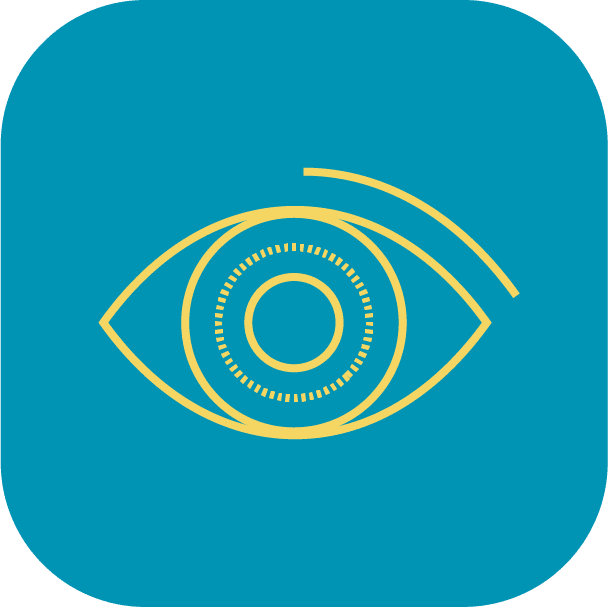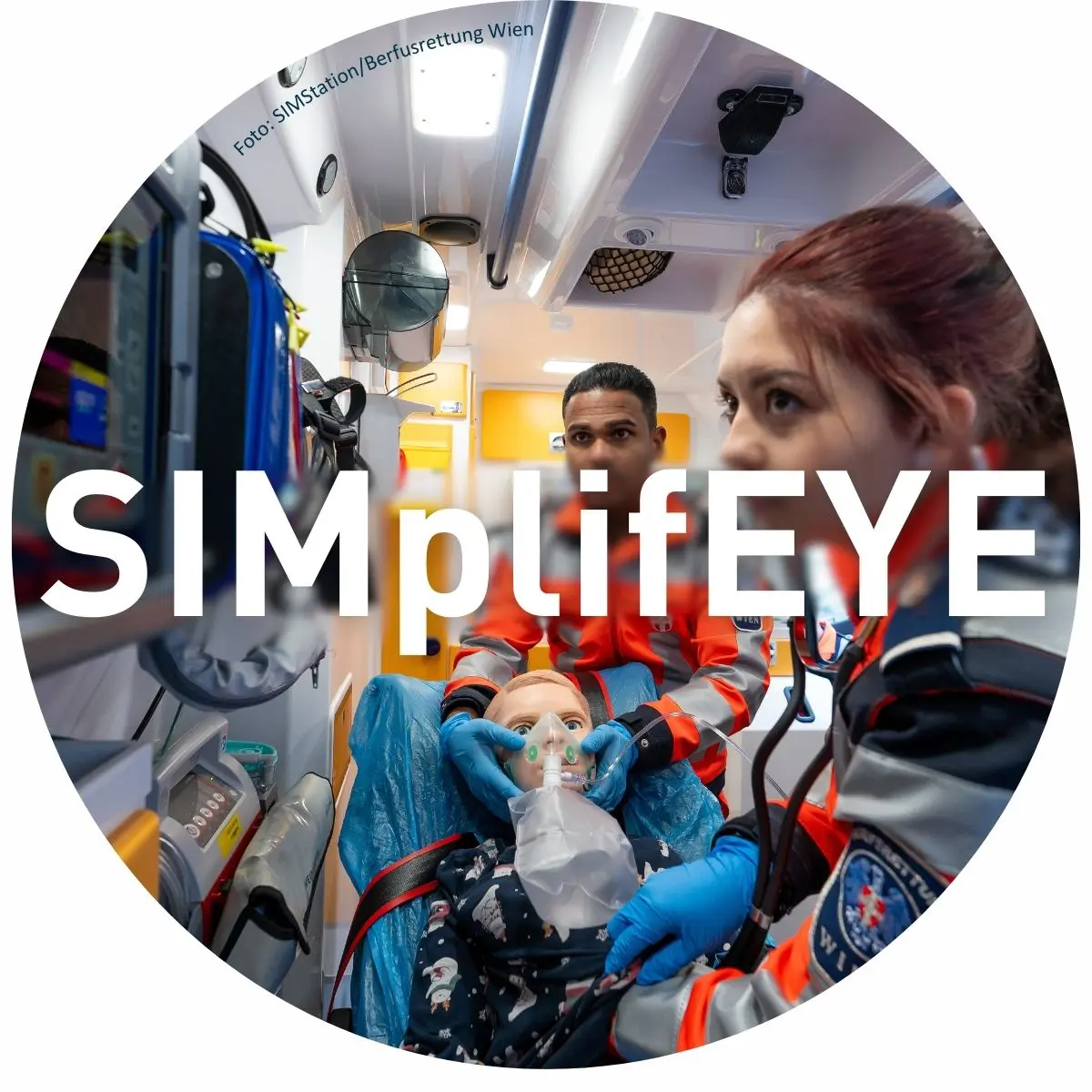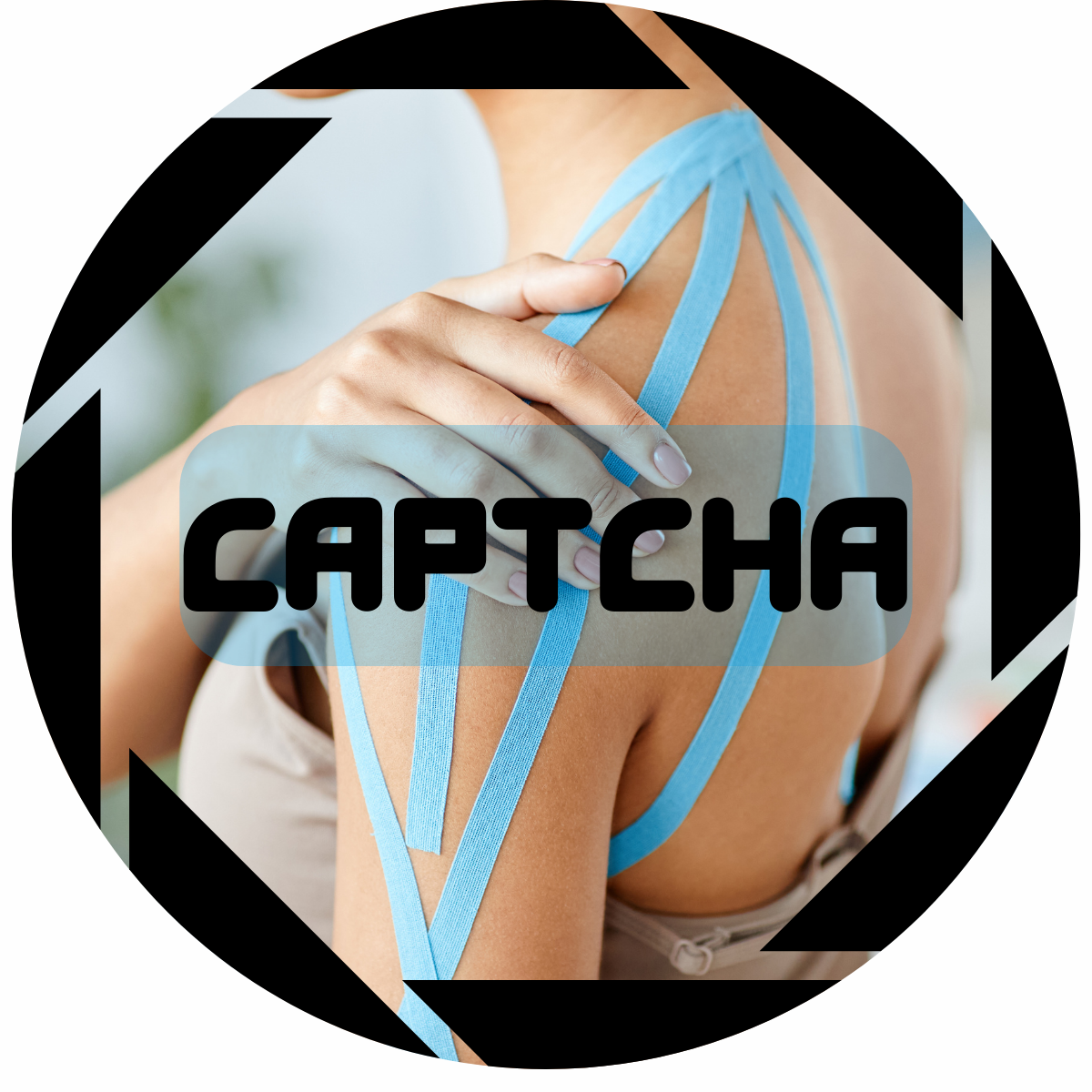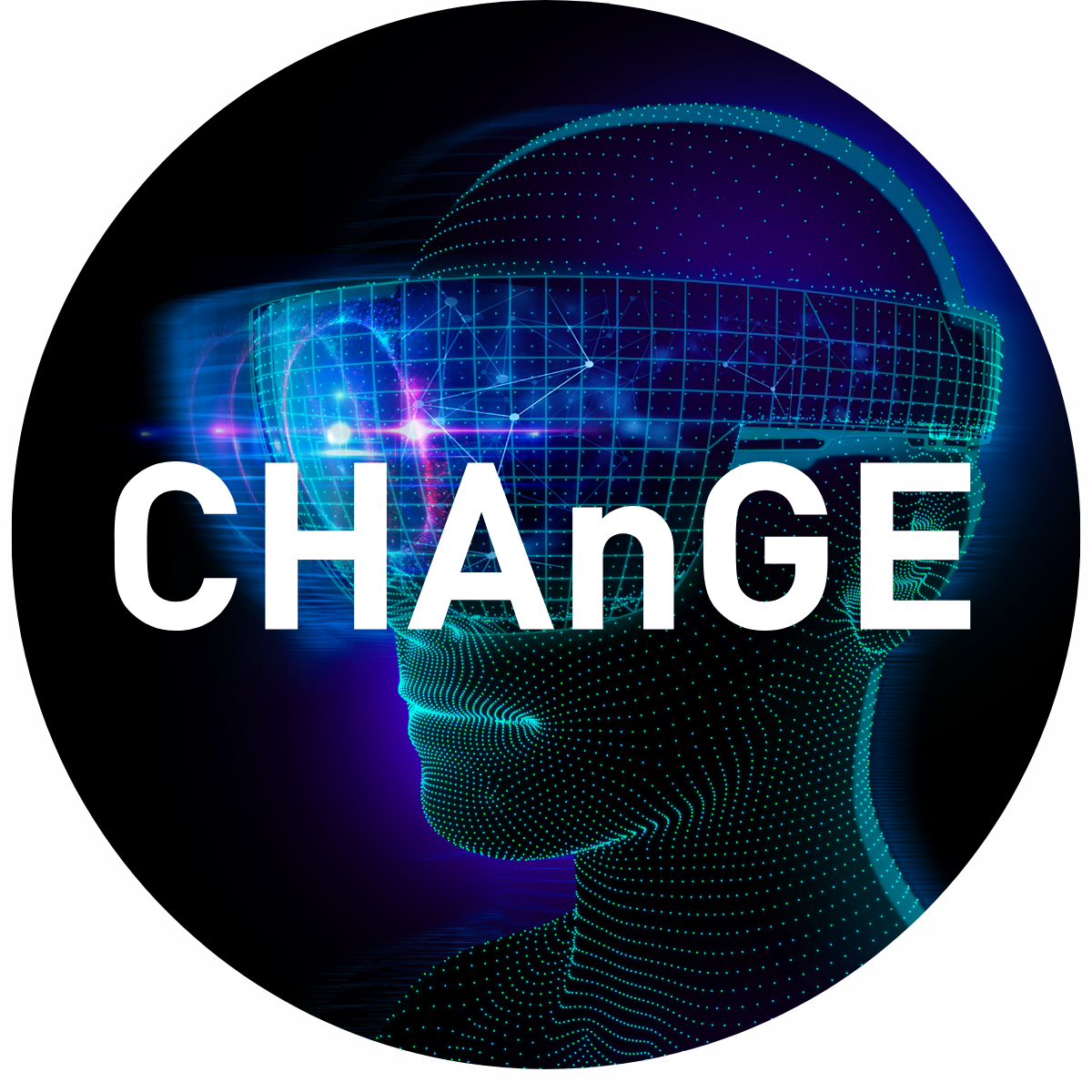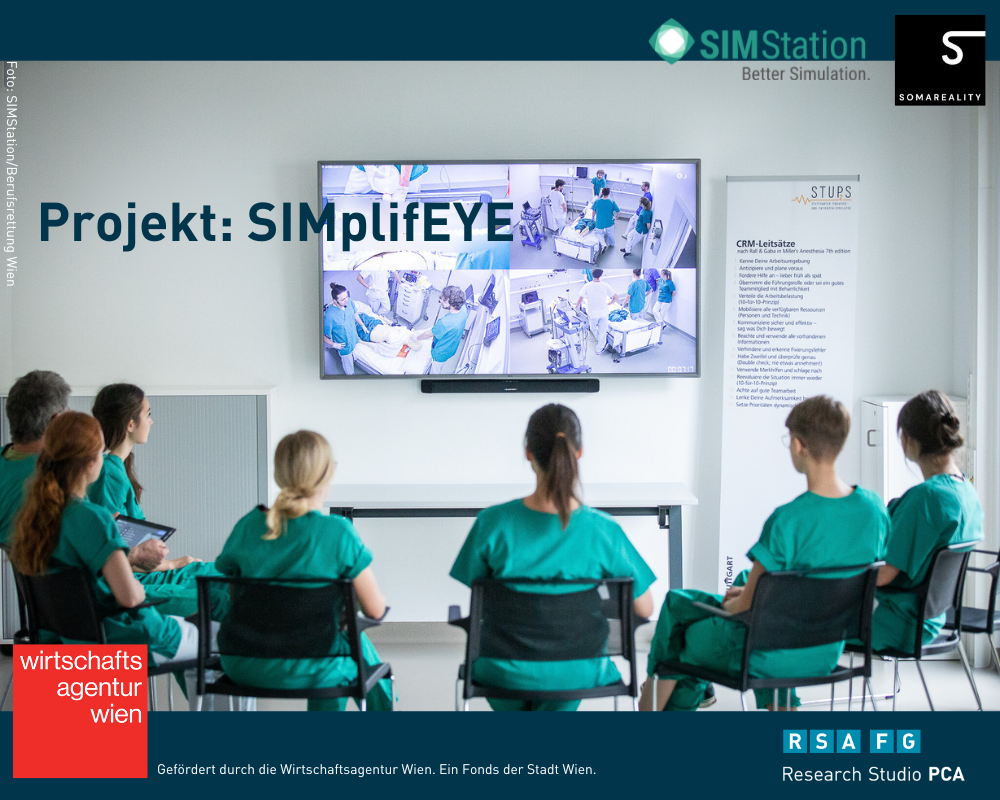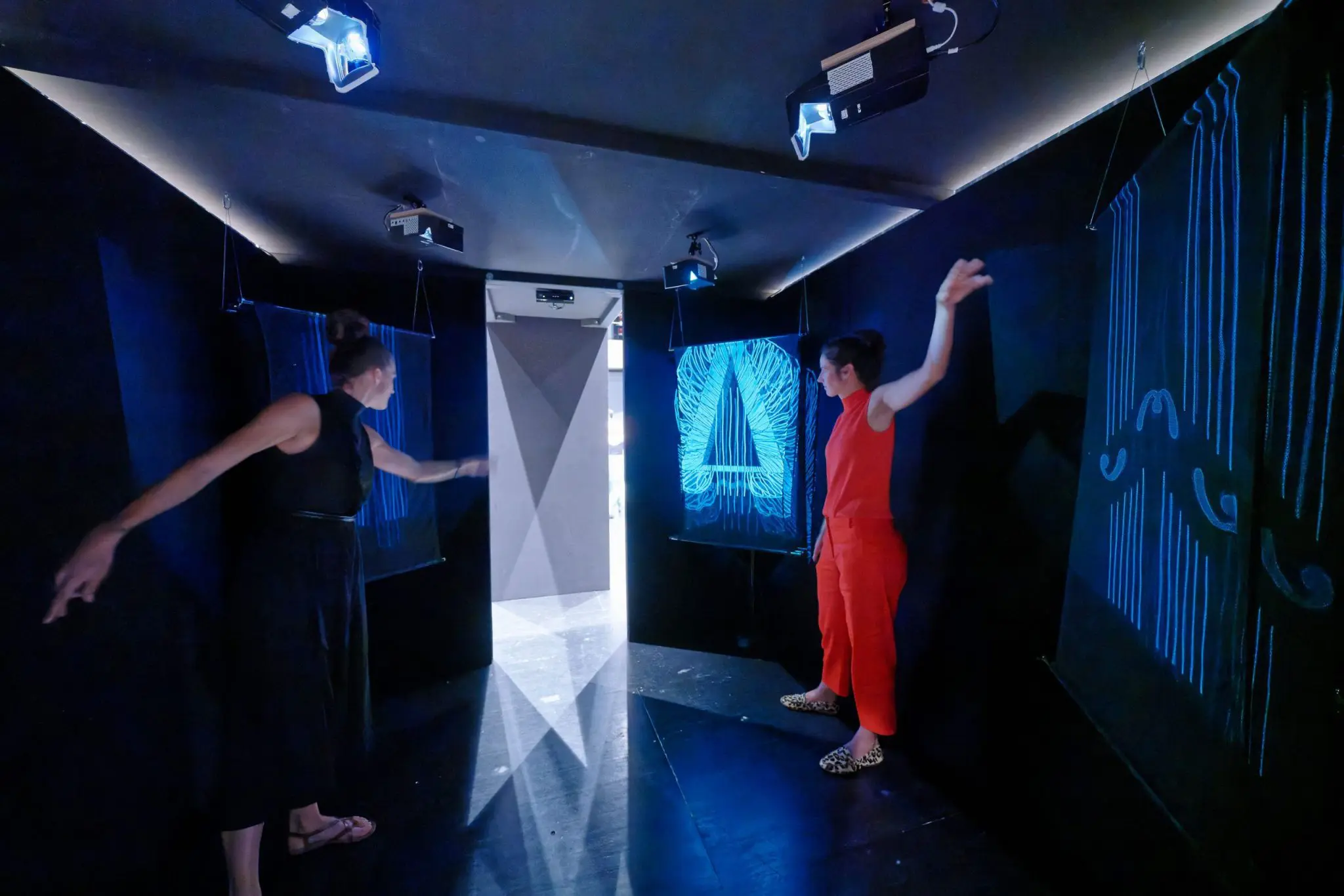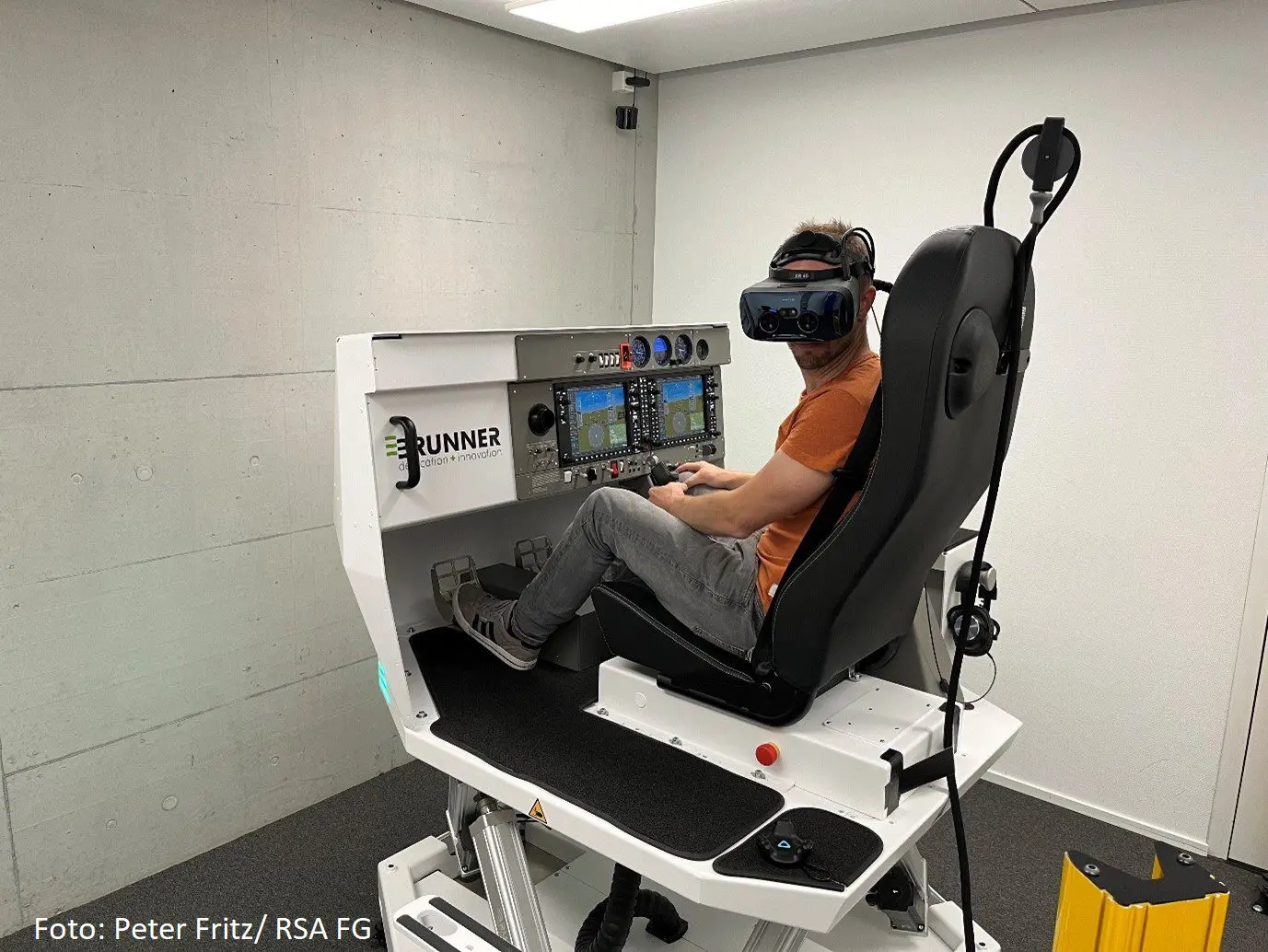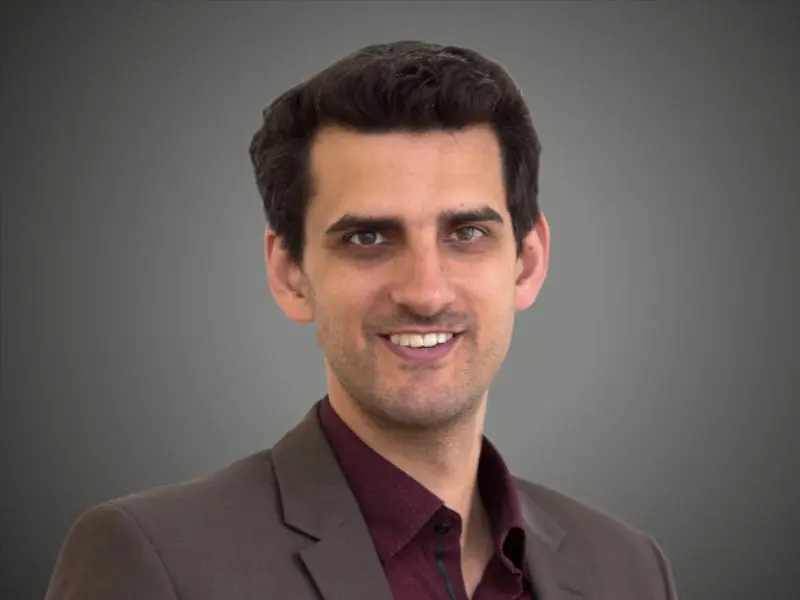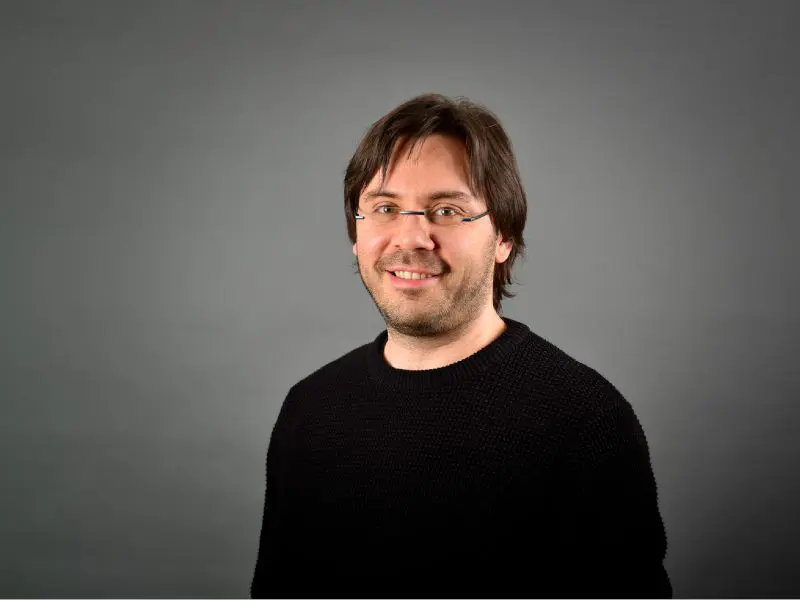Research Studio
Pervasive Computing
Applications
Research Studio PCA accelerates the development of future ICT systems,
in which human attention is at the very center.
Research Studio PCA is pushing the development of future ICT systems that focus on human attention.
Aware Systems & Cognitive ICT
The Research Studio Pervasive Computing Applications in Vienna and Linz is headed scientifically by Prof. Dr. Alois Ferscha and operationally by DI Benedikt Gollan. It is one of six Research Studios of the RSA FG.
Pervasive Computing Applications – PCA pushes the development of future ICT systems in which human attention is the main focus. Instead of general-purpose computers and individual devices, there will be a multitude of tiny, embedded, spontaneously networked and wirelessly communicating systems that interact in a targeted manner to support people unobtrusively in various activities. Computers thus merge with the physical world and disappear from the user’s perspective as individual, identifiable objects.
AR Assistance Application | Research Studio PCA
In this process, information technology should take a back seat or not require any special attention, so that people can concentrate fully on the accomplishment of their tasks and their lives. Technology that wants to appear “intelligent” must therefore be embedded in hardware and software systems.
One of the major challenges in research and development is the machine recognition of situations, activities, attention and emotional states. For this purpose, the Research Studio PCA uses sensor-based recognition and prediction methods based on mathematical methods of pattern recognition and proprietary developments of special hardware.
Aware Systems & Cognitive ICT
The Research Studio Pervasive Computing Applications in Vienna and Linz is headed scientifically by Prof. Dr. Alois Ferscha and operationally by DI Benedikt Gollan. It is one of six Research Studios of the RSA FG.
Pervasive Computing Applications – PCA pushes the development of future ICT systems in which human attention is the main focus. Instead of general-purpose computers and individual devices, there will be a multitude of tiny, embedded, spontaneously networked and wirelessly communicating systems that interact in a targeted manner to support people unobtrusively in various activities. Computers thus merge with the physical world and disappear from the user’s perspective as individual, identifiable objects.
AR Assistance Application | Research Studio PCA
In this process, information technology should take a back seat or not require any special attention, so that people can concentrate fully on the accomplishment of their tasks and their lives. Technology that wants to appear “intelligent” must therefore be embedded in hardware and software systems.
One of the major challenges in research and development is the machine recognition of situations, activities, attention and emotional states. For this purpose, the Research Studio PCA uses sensor-based recognition and prediction methods based on mathematical methods of pattern recognition and proprietary developments of special hardware.


